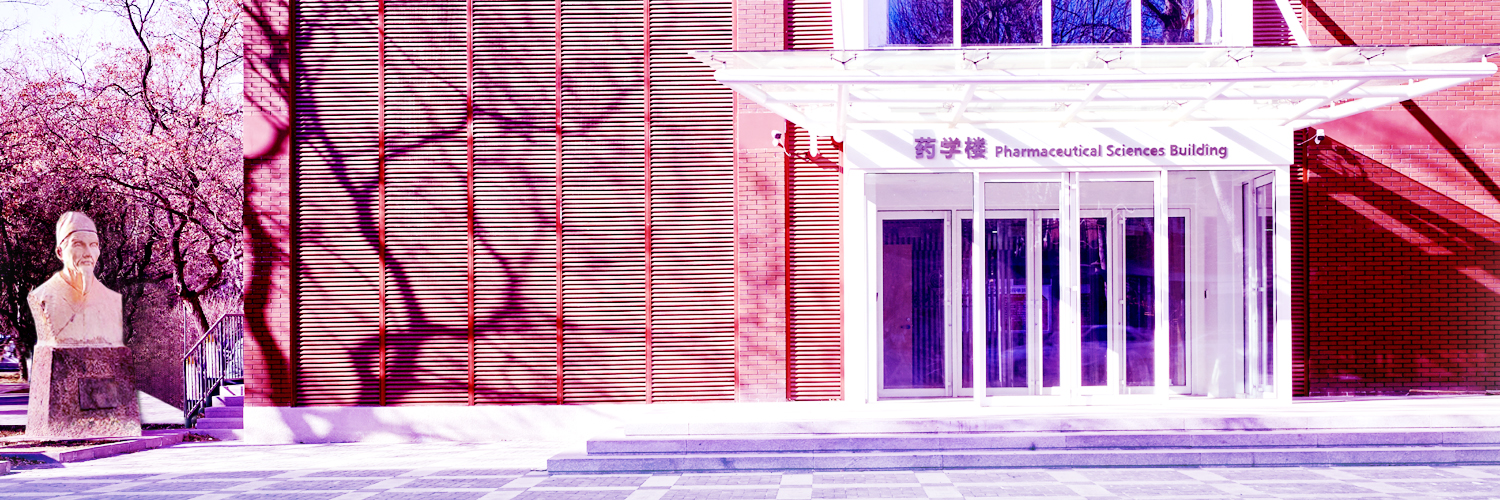
The scientific research of the School of Pharmaceutical Sciences (SPS) is mainly focused on three classes of diseases (cardiovascular and cerebrovascular diseases, tumor, and senile diseases), and fundamental research on four classes of endogenous substances (nucleic acids, oligosaccharides, polypeptides, and trace elements) as well as natural medicines. With the State Key Laboratory of Natural and Biomimetic Drugs as the core, and with the support from National Key Disciplines (Medicinal Chemistry, Pharmacognosy, and Pharmacology), SPS has built up a solid foundation in nucleic acid chemistry, peptide chemistry, carbohydrate chemistry, and bio-inorganic chemistry studies. Some disciplines and research achievements have reached international top level.
Currently, SPS undertakes a number of key research programs, including key projects from National Natural Science Foundation of China (NSFC), “863” and “973” projects, National Key Technologies R&D Programs of China, as well as provincial and ministerial research projects. SPS also participates in “211” project and “985” project during the ninth and tenth five-year plans. In the past five years, more than 600 SCI-cited articles were published on leading journals, including Angew. Chem. Int. Ed., J. Am. Chem. Soc., Nucleic Acids Res., J. Control. Release, RNA, J. Med. Chem., and J. Nat. Prod. At the same time, SPS has obtained 44 issued patents. In 2009, the “Peking University Comprehensive Center for Drug Discovery and Development” (CCDDD) was accredited, and was supported by the Primary Drug Innovation program of the nation’s eleventh five-year National Mega Projects. CCDDD is led by SPS, and joined by drug research related institutions and enterprises of Peking University. CCDDD is established on its solid foundation and advantages in pharmaceutical sciences, basic medical sciences, life sciences, chemistry, and computer sciences. With the construction of CCDDD, SPS will build up an integrated research and technology system for the discovery and development of innovative drugs, covering the whole technology chain from early discovery to later development of chemical drugs, Chinese medicine and natural medicine drugs, and biotechnological drugs. SPS intends to improve its innovation capability in new drug research, and to helpChinato change from “big” to “strong” in pharmaceutical industry. Up to now, SPS has one class I anti-tumor innovative drug (IND) which has been approved for phase II clinical trial by SFDA, one class I anti-tumor new drug and one class I anti-epilepsy new drug been approved for clinical trial. Dozens of innovative drugs were in pre-clinical research.
The School of Pharmaceutical Sciences has extensive cooperation and communication with universities, research institutes, and pharmaceutical groups from US, UK, France, Germany, Japan, Netherland, Hong Kong, Macau, Taiwan, and so on. It has employed 4 foreign honorary professors and 12 guest professors. Widespread communications at home and abroad have been remarkably improving the school’s overall academic strength.